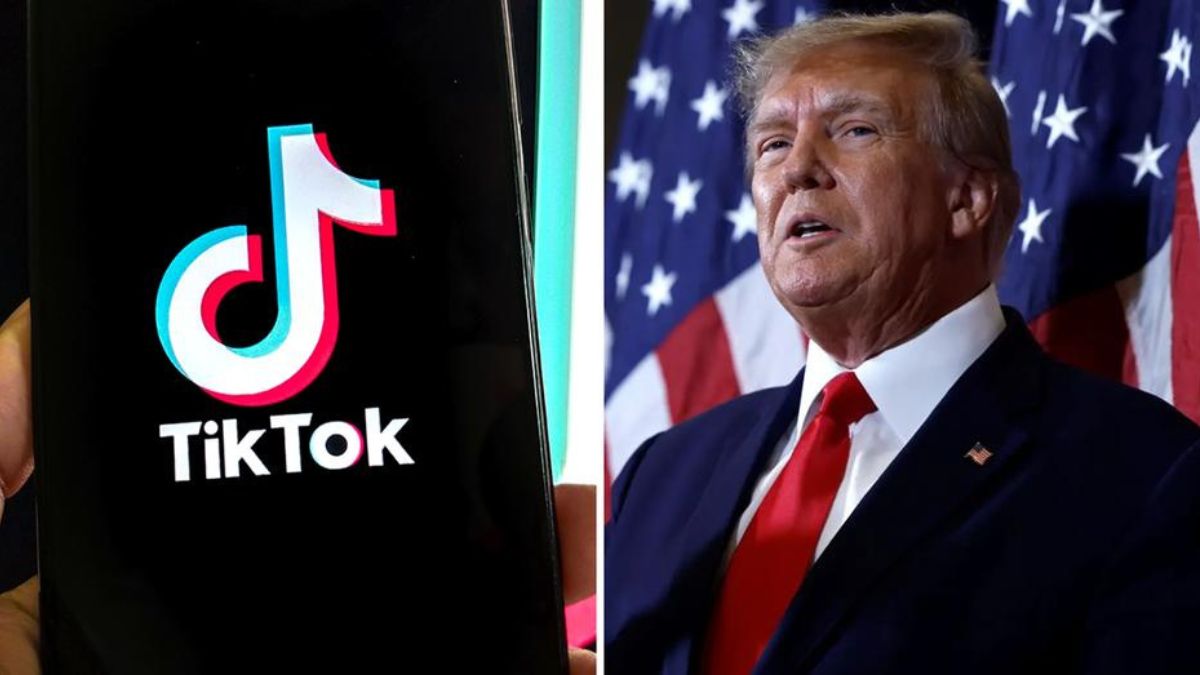Former President Donald Trump on Monday expressed concern about efforts to ban Chinese social media app TikTok in the United States, arguing that the move would only strengthen Meta’s Facebook platform.
Trump, who was the President of the United States from 2017 to 2021, expressed his concerns about limited capacity in an interview with CNBC’s “Squawk Box” program and said, “You can make Facebook bigger without TikTok, Facebook’ “I think he is the enemy of the people.” Concerned about TikTok, Trump said the platform is popular among users, especially young people. He noted: “There are a lot of people on TikTok who like this. A lot of kids on TikTok would go crazy if they didn’t have this feature.”
The former president’s comments came from regular reviews of TikTok. owners. Developed by Chinese internet giant ByteDance, regulators have raised concerns that the app could share personal data with the Chinese government upon request.
Although the Trump administration previously tried to force ByteDance to withdraw TikTok’s operations in the US, including complying with a request from Microsoft, these attempts were eventually successful.
Now, as US lawmakers take another look at TikTok-related concerns and propose a policy of banning it or outright banning it, President Joe Biden has said he would support a bill that would ban TikTok if it passes Congress. The application will be used.
However, Trump warned against this ban and said it would benefit Facebook. He reiterated his stance that TikTok poses a risk to national security due to its ownership in China, but also raised concerns about privacy and security on Facebook.
Despite criticism of Facebook’s influence on the election, Trump said, “I think Facebook is very bad for our country, especially when it comes to elections.” he said.
Discussions about the future of the USA continue with people around TikTok; With Trump’s comments voicing concerns about national security, competition between social media, and the larger impact on digital privacy and freedom of expression.


